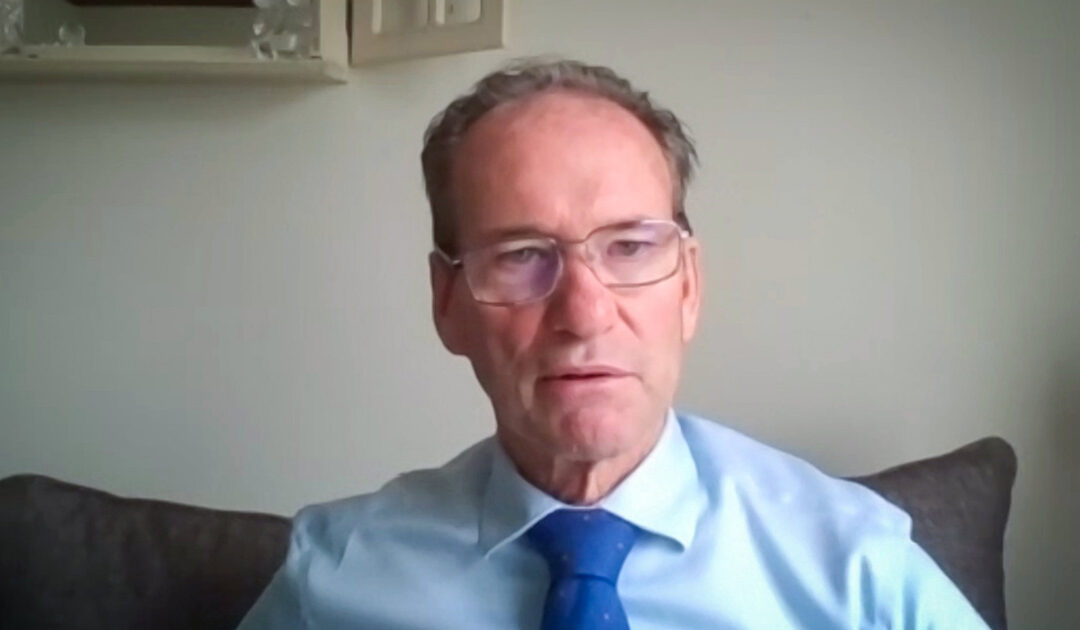Harrisburg – January 18, 2021 – At the request of State Senators Art Haywood (D-Montgomery/Philadelphia), Christine Tartaglione (D-Philadelphia), and John Kane (D- Chester/Delaware) the Pennsylvania Senate Democratic Policy Committee held a virtual public hearing on raising the minimum wage for Pennsylvanians. The hearing was held on Martin Luther King, Jr’s Day of Service to honor his legacy of fighting for worker’s rights and economic justice.
“It is unacceptable that Pennsylvania continues to allow its minimum wage to be the poverty wage of $7.25 an hour,” Haywood said. “We hold this hearing today on Martin Luther King, Jr. Day of service to continue the work that Dr. King started demanding dignity and respect for all workers, and that starts by paying workers a living wage.”
The Pennsylvania General Assembly last raised the minimum wage in July 2007 to $7.25 per hour. The six states bordering Pennsylvania have enacted minimum wage laws exceeding the $7.25 rate effective in the Commonwealth. Maryland, New York, New Jersey, Delaware, West Virginia, and Ohio have enacted higher minimum wages than Pennsylvania’s, which has been stagnate at the federal minimum for more than a decade.
Alissa Barron-Menza, Vice President of Business for a Fair Minimum Wage, said that minimum wage was first introduced in 1938 during the Great Depression, and that a livable minimum wage is an essential economic recovery tool.
“This increase is a vital tool for shared recovery that will be good for business, good for customers and good for the economy,” Barron-Menza said.
Morris Pearl, Chairman of the Patriotic Millionaires, also said that a raise to the minimum wage is good for the economy. He said that a strong economy needs people with money to spend in order to maintain it.
“Investors are overwhelmingly in favor of raising the minimum wage,” Pearl said.
Currently, 29 states and the District of Columbia have minimum wages above the federal minimum wage of $7.25 per hour, including all states surrounding Pennsylvania.
“The fact that Pennsylvania’s General Assembly hasn’t raised the minimum wage since passing my legislation in 2006 is reprehensible,” Tartaglione said. “While I have continued to sponsor new minimum wage legislation every session since, the majority has failed to take action, leaving the last increase workers have seen to be a 10-cent federal increase in 2009. Pennsylvania’s minimum wage workers deserve better.”
Sen. Tartaglione is the prime sponsor of Senate Bill 12. This legislation would immediately raise Pennsylvania’s minimum wage to $12 an hour for all Pennsylvania workers, with a pathway to $15 an hour by 2027. This bill would also eliminate the tipped minimum wage for Pennsylvania, ensuring all workers are making a living wage that is not dependent on patron generosity or lack thereof.
“I was a union plumber for almost four decades, and I know how important livable, family-sustaining wages were for myself and all of our members,” Kane said. “It’s a big problem that our minimum-wage workers haven’t seen a raise in over a decade — we need to guarantee that all Pennsylvanians are paid a livable wage.”
Gene Barr is President & CEO of the PA Chamber of Business and Industry said that his organization does not believe that a raise to the Pennsylvania minimum wage is the most, “effective way to drive assistance.”
Barr said that a raise to the minimum wage will hurt small businesses, will lead to more automation, and that continued work with the state on reducing barriers to employment and expanding an Earned Income Tax Credit (EITC) are better solutions.
“There is majority business support for raising the minimum wage beyond currently enacted levels – despite what you may hear from the opposition,” Barron-Menza countered to Barr. “For example, a 2016 survey of 1,000 business executives across the country conducted by LuntzGlobal for the Council of State Chambers found that 80 percent of respondents said they supported raising their state’s minimum wage, while only eight percent opposed.”
“No one should be working a full-time job, or multiple full-time and part time jobs, and still be living in poverty because their employer is not required to pay them a livable wage,” Sen. Katie Muth (D- Berks/Chester/Montgomery), chair of the Senate Democratic Policy Committee, said. “All workers deserve the dignity and respect of a livable wage, and we must raise the minimum wage for Pennsylvania.”
William Spriggs, Professor of Economics at Howard University and Chief Economist at AFL-CIO stated in his testimony that raising the minimum wage is also essential in ending the gender and racial wage gaps widely acknowledged to exist by economists.
Spriggs also said that subminimum wage is paying people less in the service industry ($2.83 in Pennsylvania for restaurant workers) or is biased on where they live, and also has, “very racist roots.”
Ashona Denise Osborne joined the SEIU (Service Employees International Union) fight for $15 an hour minimum wage after working minimum wage jobs her whole life, raising her son as a single mother, and realizing that even getting her Associates Degree in childcare is, “still not enough.”
Many other Senators also attended this hearing including Senate Democratic Leader Jay Costa (D- Allegheny), Amanda Cappelletti (D- Delaware/Montgomery), Carolyn Committa (D- Chester), Maria Collett (D- Bucks/ Montgomery), Wayne Fontana (D- Allegheny), Vincent Hughes (D- Montgomery/Philadelphia), Tim Kearney (D- Chester/Delaware), Steve Santarsiero (D- Bucks), Nikil Saval (D- Philadelphia), Judy Schwank (D- Berks), Sharif Street (D- Philadelphia), Anthony H. Williams (D- Delaware/Philadelphia), and Lindsey Williams (D- Allegheny).
Below are all who testified in today’s hearing:
- Gene Barr, President & CEO of the PA Chamber of Business and Industry
- Alissa Barron-Menza, Vice President of Business for a Fair Minimum Wage
- Morris Pearl, Chair of Patriotic Millionaires
- Manuel Rosaldo, Centre County Wage Justice Coalition, Assistant Professor of Labor Relations, Penn State University
- Jacqui Rogers, Bucks County Women’s Advocacy Coalition
- William Spriggs, Professor of Economics, Howard University and Chief Economist, AFL-CIO
- Kadida Kenner, Director of Campaigns at the PA Budget and Policy Center
- Ashona Denise Osborne, SEIU Worker from Pittsburgh
- Lateefah Curtis, Worker from Philadelphia
- Adesola Ogunleye, Worker from Philadelphia
The full recording of this hearing can be found at senatormuth.com/policy.
###

